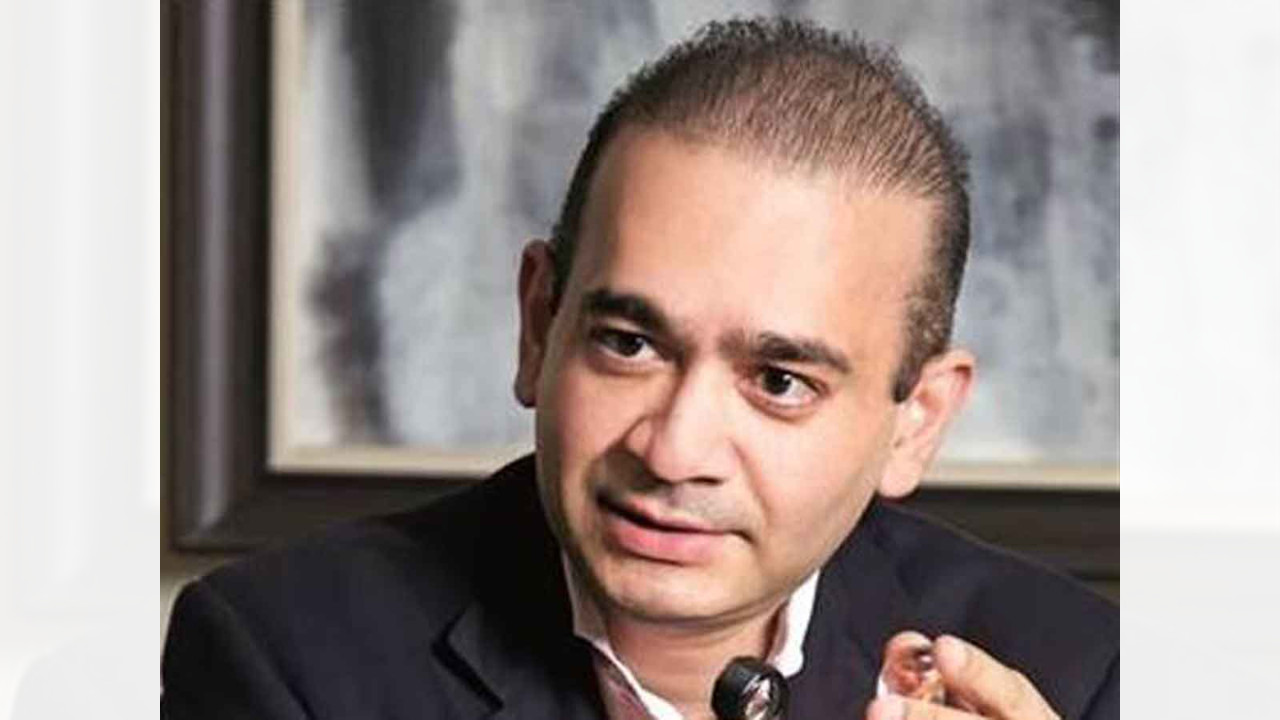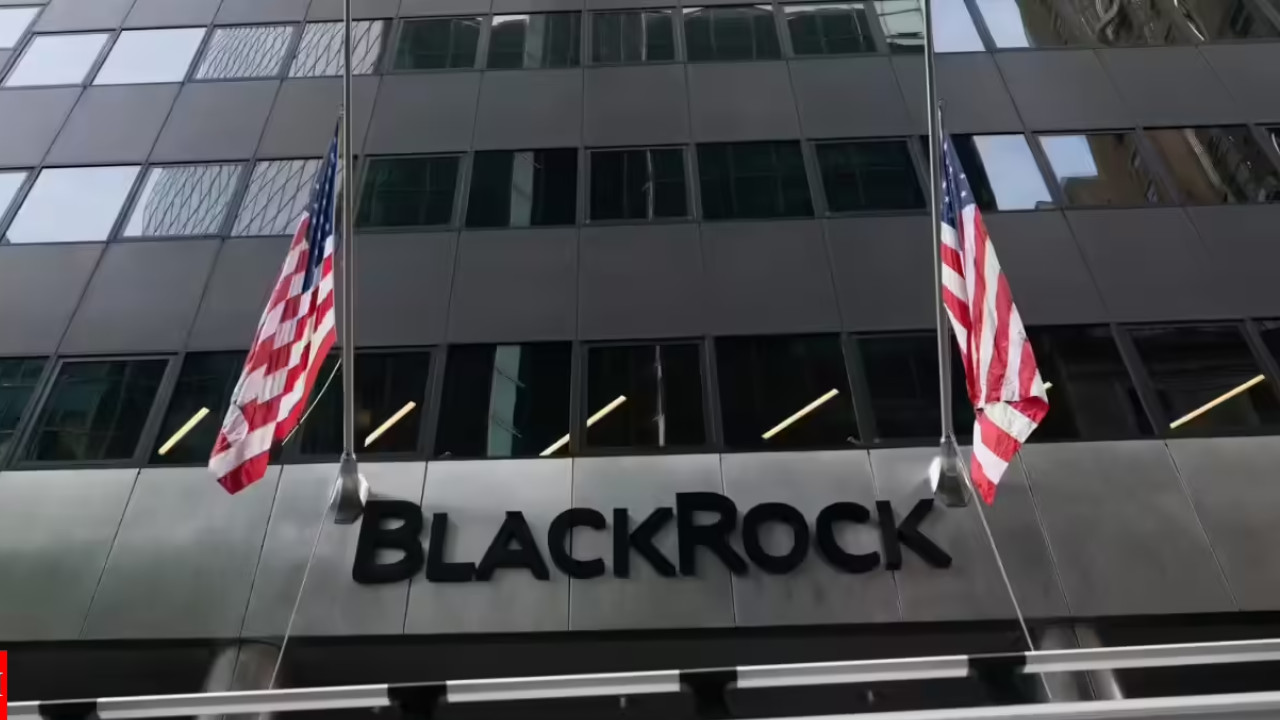Fugitive diamantaire Nirav Modi will return to a London courtroom on November 23, petitioning to reopen his extradition trial over fears of interrogation if repatriated to India. Indian agencies are preparing to counter this, assuring UK authorities that he will only face trial, not fresh questioning, as investigations are complete. Modi has exhausted all UK legal appeals.
The Long Road to Justice: Nirav Modi’s Extradition Saga Continues
The wheels of justice, though sometimes slow, continue to turn in the ongoing case of Nirav Modi, the Indian diamond merchant accused of perpetrating a massive fraud against Punjab National Bank (PNB). In a recent hearing in the UK, India has offered assurances that Modi will face a fair trial, not interrogation, should he be extradited. This pledge is intended to address concerns raised by Modi’s defense team and smooth the path towards his return to India to face charges.
The case, a tangled web of alleged financial misdeeds, has been a subject of intense scrutiny in both India and the UK. The Indian government is determined to bring Modi to justice and recover the significant sums of money allegedly defrauded from PNB. Securing his extradition from the UK has been a top priority, but the process has been fraught with legal challenges.
Addressing Concerns: Fair Trial, Not Interrogation
A key point of contention has revolved around the conditions Modi would face upon his return to India. His legal team has argued that he could face unfair treatment, including potential interrogation beyond the bounds of a fair trial. To alleviate these fears, the Indian government has explicitly stated that Modi will only be subject to a trial, adhering to the principles of due process and the rule of law. This assurance is a strategic move, designed to address the concerns of the UK judiciary and bolster the extradition request.

The Indian authorities have further emphasized their commitment to upholding Modi’s human rights. They have provided detailed information about the conditions in Indian prisons and have offered guarantees of his safety and well-being. These assurances are vital in persuading the UK court that Modi’s extradition would be consistent with international human rights standards. The UK legal system places significant weight on these considerations, and India’s proactive approach aims to demonstrate its commitment to a fair and just legal process.
The Stakes are High: Implications for India
The Nirav Modi extradition case carries significant weight for India. Beyond the immediate goal of bringing a high-profile fugitive to justice, it serves as a test of India’s ability to effectively pursue economic offenders who have fled the country. A successful extradition would send a powerful message to other potential wrongdoers and demonstrate India’s resolve in tackling financial crime.
Furthermore, the case has implications for international cooperation in law enforcement. The extradition process requires close collaboration between India and the UK, and a successful outcome would strengthen the bonds between the two countries in combating transnational crime. It would also reinforce the principle that no one is above the law, regardless of where they seek refuge.
The Path Forward: What Lies Ahead?
The extradition hearing on November 23rd is a crucial milestone in this ongoing saga. The UK court will carefully consider the evidence presented by both sides, including the assurances offered by the Indian government regarding Modi’s treatment. The judge will weigh the arguments and determine whether the conditions for extradition are met.
Even if the court rules in favor of extradition, Modi’s legal team is likely to appeal the decision, potentially prolonging the process further. The legal avenues available to him could extend the case for months, if not years. This complex legal battle highlights the challenges involved in extraditing individuals accused of financial crimes, particularly when they have access to significant resources and legal expertise.
The pursuit of justice in the Nirav Modi case is a marathon, not a sprint. While the latest developments represent a step forward, the road ahead remains uncertain. The Indian government’s commitment to a fair trial and its willingness to address concerns raised by the UK courts are crucial elements in securing Modi’s return. The world watches as this high-stakes legal drama continues to unfold, waiting to see if the long arm of the law will finally reach its target. You can read more about similar cases and legal precedents on our site to understand the complexities of international law.







